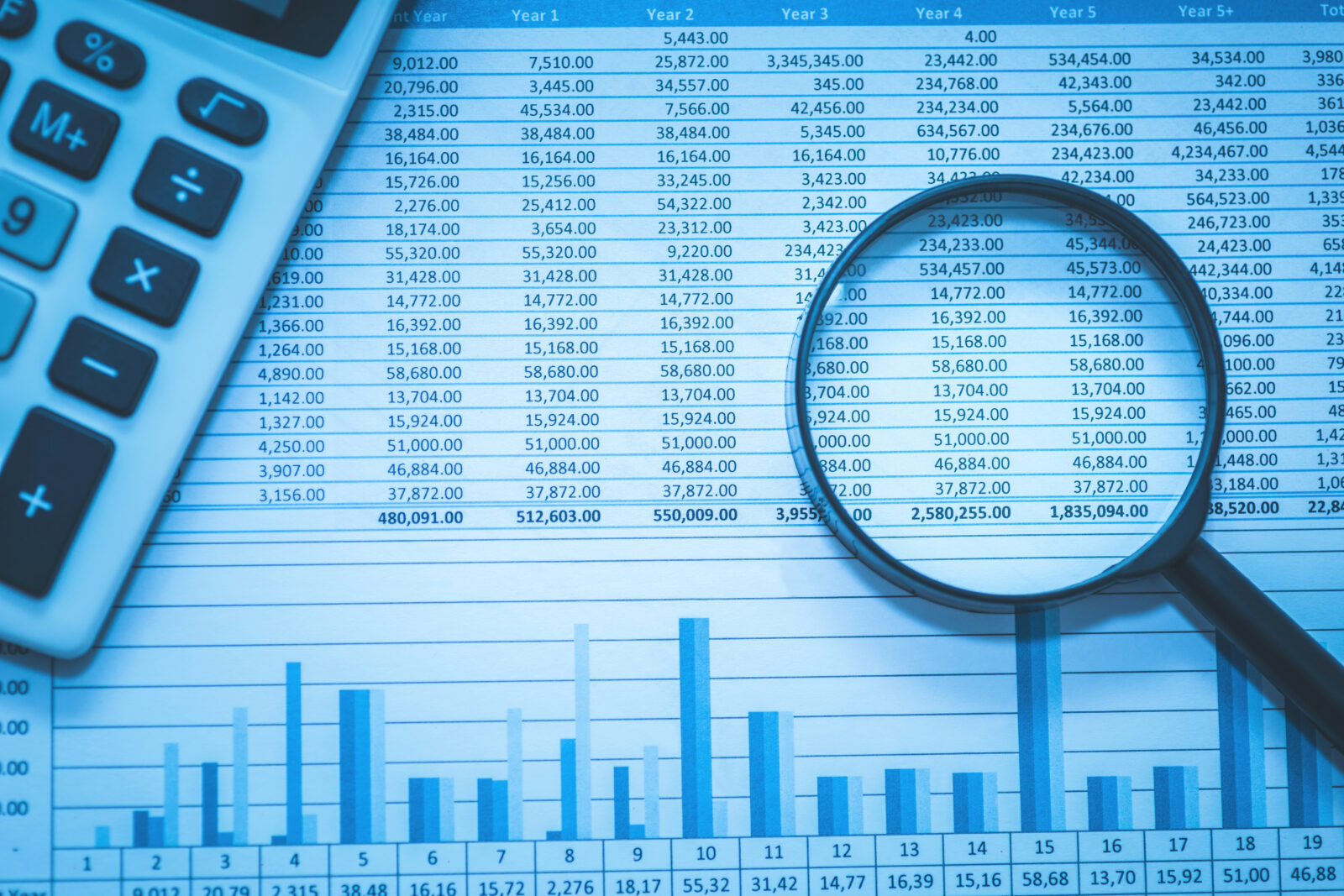The US and UK elections last coincided in 1964, when Britain’s Labour Party removed the entrenched Conservative government in October, and less than a month later, Democrat president, Lyndon B. Johnson, fought off the challenge of a right-wing Republican rebel. The parallels to today are clear – but there’s a consequence of these elections that has evolved beyond recognition over the last 60 years: their impact on the foreign exchange (FX) market.
With a UK general election almost certain to be held this year and a US presidential race scheduled for November, one thing is more certain than their outcome: both will prompt high levels of volatility for the pound and dollar. A quick look at the last UK election underscores this.
2019 UK election
The impact of a UK general election on FX markets tends to follow a common trend: the pound finds itself at the mercy of opinion polls and any signs of political instability – and 2019 was no different.
The polls were forecasting a Conservative majority win, which injected strength into the pound. However, any indication of a possible hung Parliament or Labour victory caused the UK currency to weaken, due to the prospect of a radical political rethink under Jeremy Corbyn.
Moreover, Brexit negotiations remained unresolved. This political minefield prompted a belief among analysts that a Conservative triumph would provide the foundations for the UK to depart the EU with a deal. Sure enough, the UK currency surged in value after Boris Johnson won a clear majority.
It’s not just Brits and Americans that will be heading to the polls in 2024. More voters than ever in history will be joining them, with at least 64 countries (plus the EU) set to hold national elections – representing about 49% of the people in the world. The speculation and subsequent results will pull FX markets back and forth – but it’s the US election that will have the biggest global impact.
US elections: the global impact
Elections invariably create the thing investors dislike most: uncertainty. Notably, surrounding the political landscape and the policies championed by the incoming administration, which can shift significantly in terms of fiscal, monetary, and regulatory approaches – all of which influence three variables that have a huge impact on FX markets: economic growth, inflation, and interest rates. Consequently, market sentiment can shift according to the perceived chances of the candidates, leading to speculative trading as investors attempt to anticipate the election result and its implications for the economy.
Nowhere is the impact of this inherent uncertainty more prevalent than in the US, which is home to the most traded currency in the world by far. Therefore, this period of political instability has a ripple effect throughout FX markets, causing all major currency pairs to experience heightened volatility amid dollar strength or weakness.
The last US election in 2020 proved to be a closer run race than the polls predicted – causing the dollar to see-saw in value. Leading up to election day, markets had been pricing in a clean sweep for Joe Biden, with the dollar falling on expectations of increased fiscal stimulus. The US currency rebounded when President Trump managed to win the key state of Florida, gaining against a basket of currencies as investors looked for safe havens amid extended uncertainty. However, as a Biden victory eventually came into view, it weakened again across the board as his political vision was scrutinised.
The US’s pivotal role in global politics means its elections can also impact international relations and trade agreements, adding another layer to FX market uncertainty as traders speculate on the future of international cooperation.
Foreign policy does not tend to rank highly on US voters’ list of concerns. However, for the rest of the world, the impact of an election on its international approach dictates the course of transatlantic relations and global cooperation. In 2020, the forthcoming Biden Administration was expected to depart from some of the key tenets of President Trump’s ‘America First’ foreign policy – from building and expanding new alliances to contain China in the Indo-Pacific to rejoining global efforts on climate policy.
In the 12 months following the election, the GBP/USD exchange rate experienced a variance of 38% as these shifting domestic and foreign policies came to pass – making it difficult for businesses with an international reach to achieve certainty and stability in their financial planning.
How to manage election-induced FX risk
A glance at the opinion polls shows that in the UK the Labour Party led by Keir Starmer are streets ahead of the ruling Conservatives. Meanwhile, in the US it’s a lot tighter, with all but a handful of high-quality national polls taken at the start of the year indicating Trump holds a narrow lead over Biden in the popularity stakes.
Will Labour achieve a cakewalk victory, removing the incumbent Conservative government that has failed to win back the faith of global investors more than a year since Liz Truss’s disastrous mini-budget? And will Trump edge out Biden to win a second term, allowing him to double down on his authoritarian stance – from reinforcing tariffs he levelled on China to seeking political retribution against those who countered his 2020 election claims?
Opinion polls are notoriously fallible, so don’t rely on them to inform your business’s FX risk management strategy. Even if they are on the money, it’s impossible to say for certain how markets will react to an election result.
Insulate your business with certainty during election season by working in partnership with Lumon. As a currency specialist, our seasoned corporate dealers can instil transparency and stability when managing FX risk by helping you tailor a hedging strategy that aligns with your risks and requirements. The proactive solutions that underpin this shield your profit margins from FX risk by securing exchange rates for future transactions, empowering you to replace emotion-led choices with informed decisions.
This relationship-led approach to FX risk management allows us to work together to safeguard your finances against currency volatility during one of the biggest election years in history.



